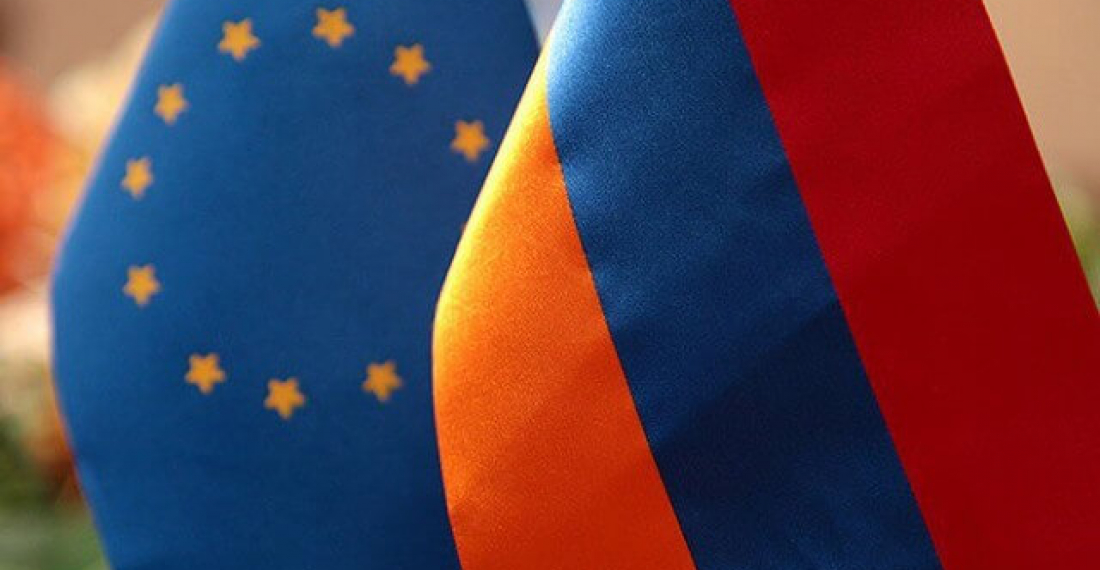Armenia's government has approved legislation calling for the country to launch the process that will open the path to discussions with Brussels for eventual membership in the European Union. A bill was drafted in response to a petition that called for the country to submit an application to join the EU. Prime Minister Nikol Pashinyan emphasised to the cabinet on Thursday that the public should not expect a rapid accession to the EU, and that it would in any case require public approval. “Adopting the law doesn’t literally mean Armenia is joining the EU because that cannot be done through a law or government decision, the decision on that can only be made through a referendum,” Pashinyan said after the decision.
Foreign Minister Ararat Mirzoyan that the country could sign a “comprehensive” new partnership agenda with Brussels “in the coming months”, a step that could also include visa liberalisation for Armenians. Armenia has in recent years deepened ties with the West at the expense of its traditionally close relations with Moscow, which it has accused of failing to defend it from longtime rival Azerbaijan.
The Armenian government has backed the introduction of the bill in parliament, saying it would represent "the beginning of the accession process of the Republic of Armenia to the European Union". Brussels did not immediately respond to a request for comment. Three other former members of the Soviet Union - Estonia, Latvia and Lithuania - have joined the EU, a years-long negotiating process requiring harmonisation with EU legislation and policies.
In 2023, Pashinyan told the European Parliament that Armenia was ready to move as close to the EU as possible, although he stopped short of backing full membership. According to Reuters, Kremlin spokesman Dmitry Peskov told reporters that Russia needed to understand Brussels' position, and that Armenia could not join the EU while remaining a member of the Eurasian Economic Union, a trading bloc of some post-Soviet countries
Though Armenia's relations with the EU are good, joining will not be easy. The landlocked country of 2.7 million people shares no border with the EU and has been in conflict with Azerbaijan, a major gas supplier to EU countries, since the late 1980s.
Azerbaijan in 2023 mounted a lightning offensive to retake control of Nagorno-Karabakh, a breakaway region that had been run for more than three decades by its ethnic Armenian majority with Yerevan's backing, prompting its population to flee. This week, Azerbaijani President Ilham Aliyev said Armenia presented a fascist threat that had to be destroyed, in what Pashinyan said might be a prelude to fresh conflict.






